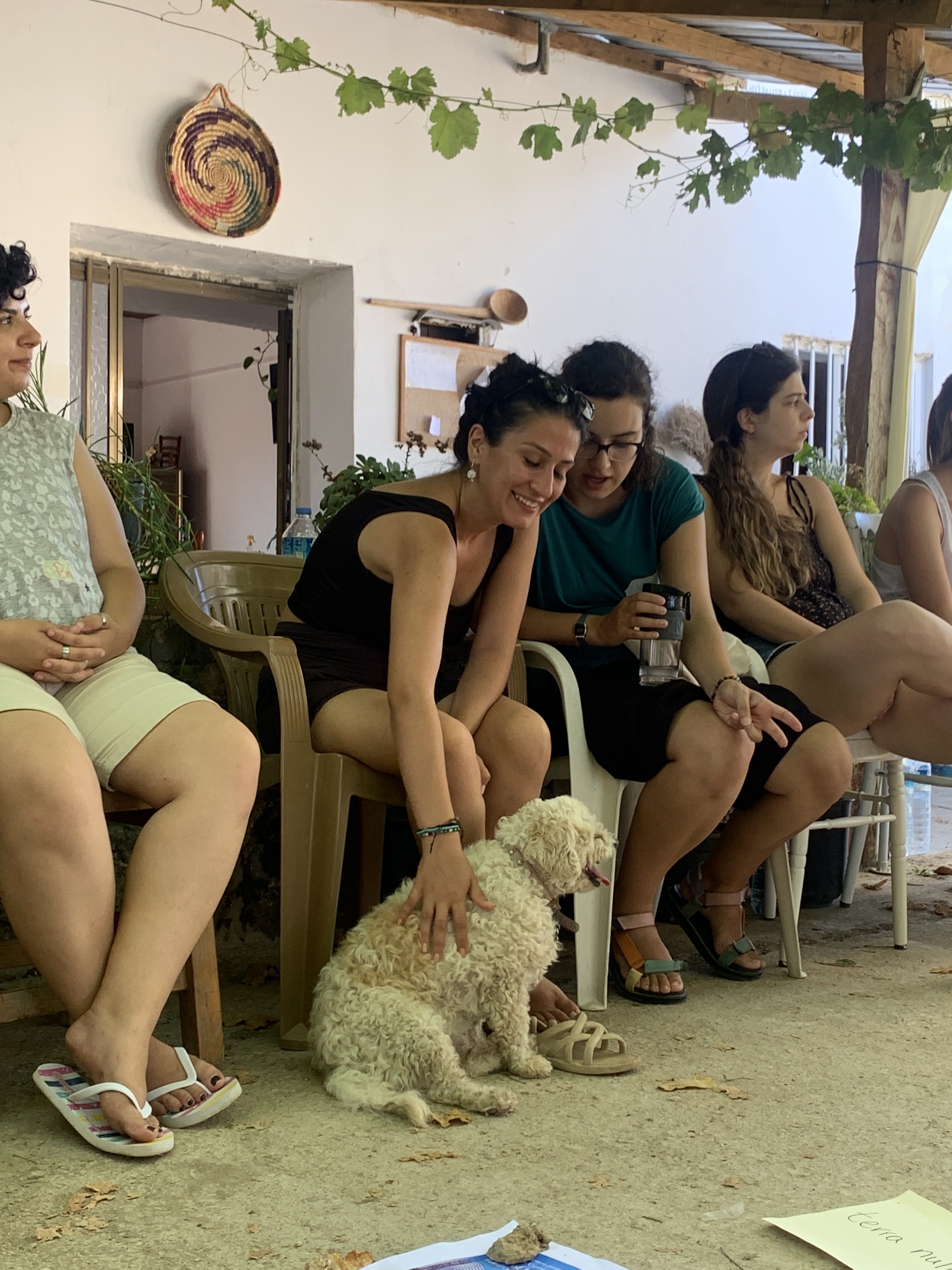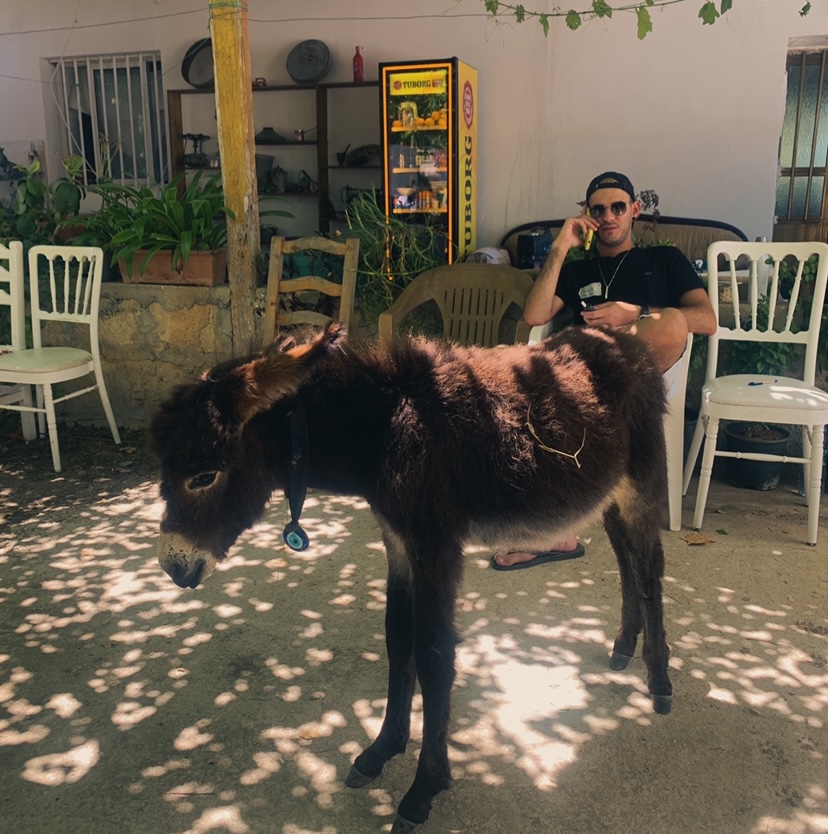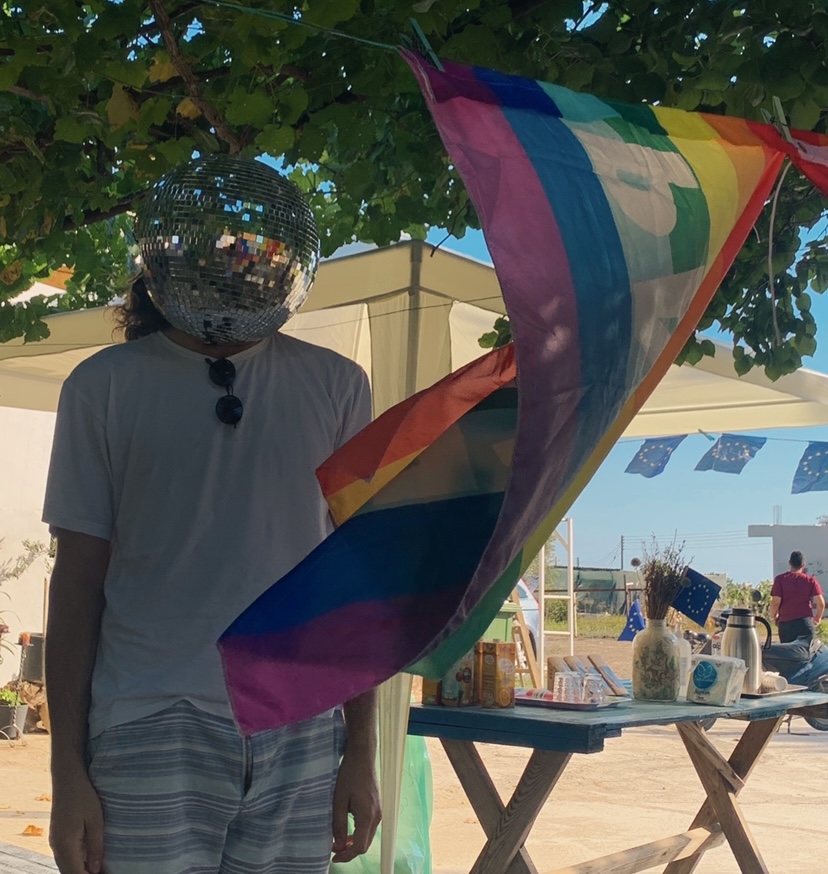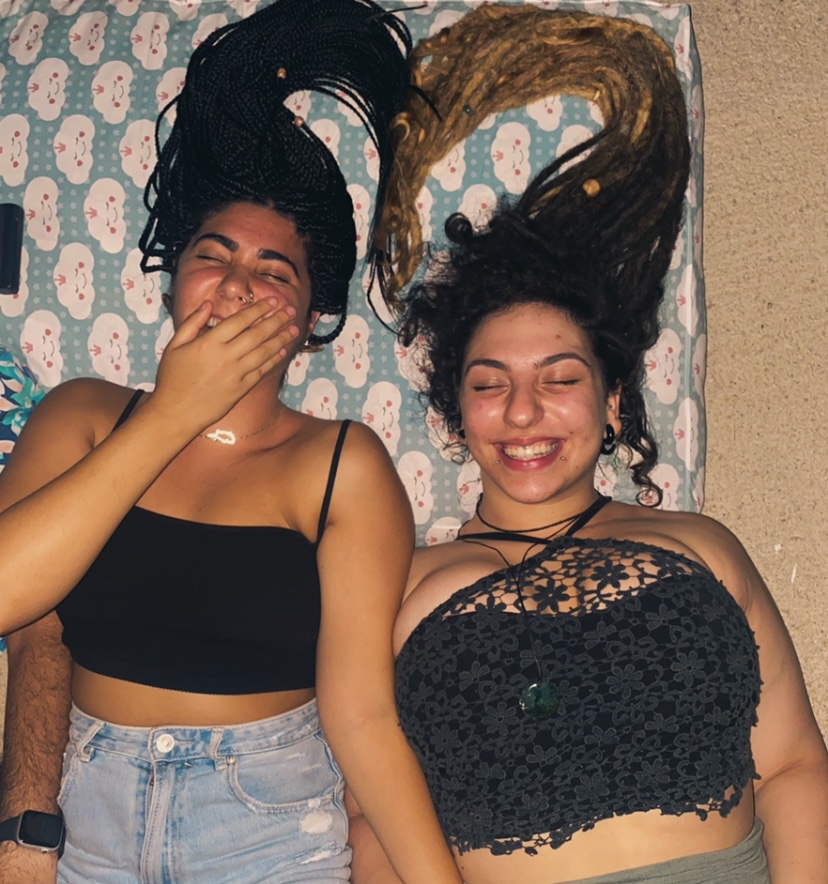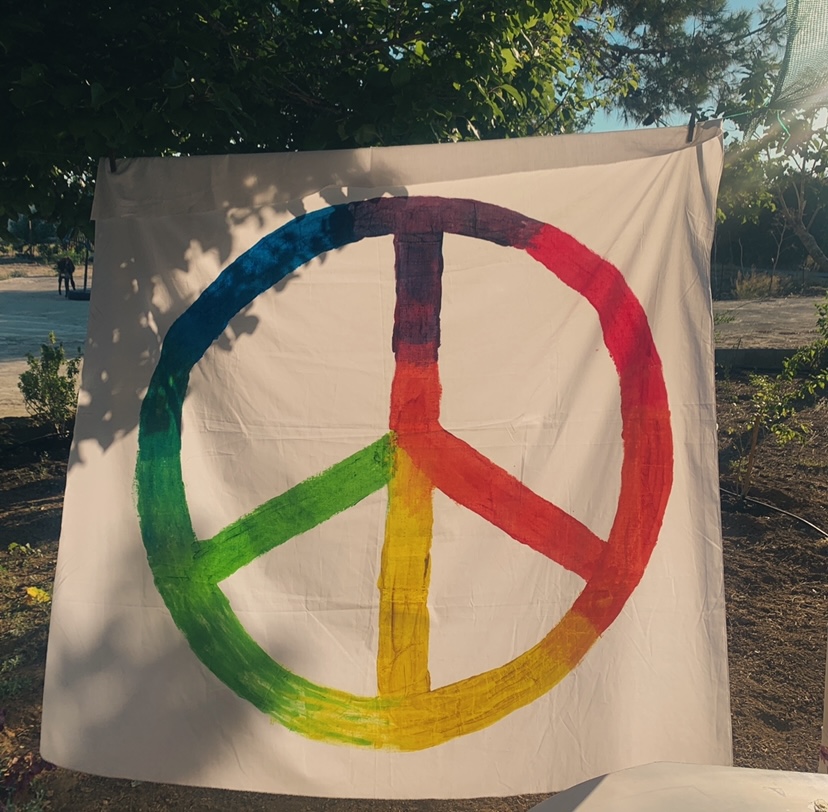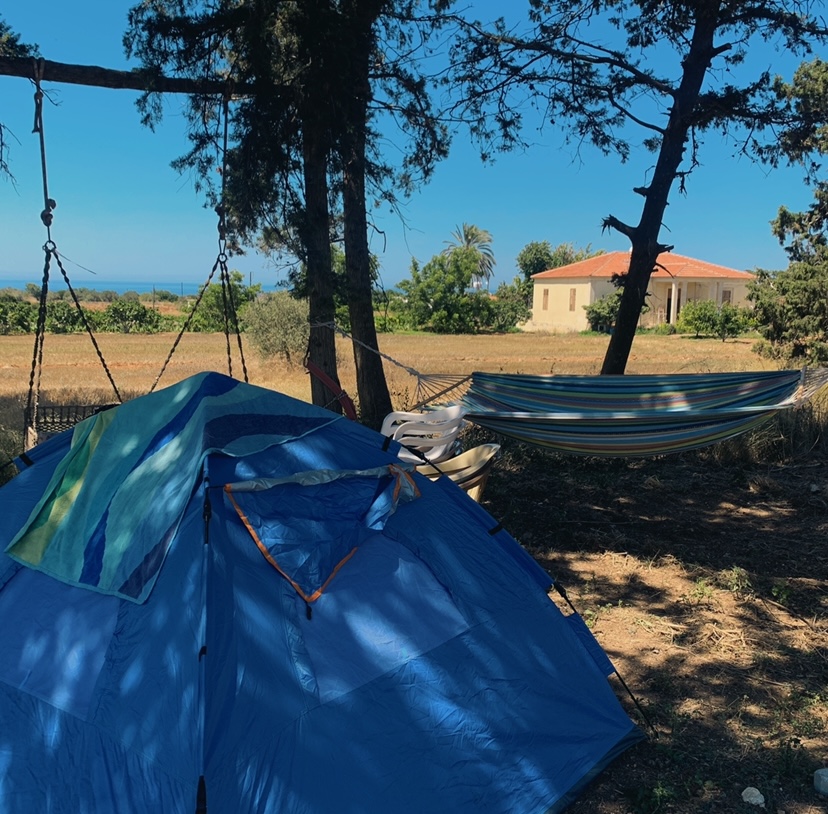On 22nd of July to 24th of July, thirty young people from various backgrounds came together in the village of Karpasia to promote peace building as well as fighting the climate crisis. The variety of people attending the camp also helped us hear everyones perspectives on Cyprus issues and not only the locals of Cyprus. Avli (η αυλή or avlu), is the courtyard of a traditional Cypriot home. It is a place for the home’s inhabitants to sit and enjoy the sunlight, chat and enjoy a coffee together. Avli aims to be the courtyard of our shared Cypriot home: a place to come and exchange ideas to build a future for Cyprus that is looking forward to the future, but still maintains contact with our beloved home. The main focus of the camp was to build relationships with attendees who are interested in climate justice and peace movements, with the goal of providing political education and planning future participation. The funding was provided by European Union InfoPoint in the North of Nicosia.The food was also all vegan, catered by Grön Vegan Kitchen in Nicosia.
I knew half of the participants from the last year camp so this was both a reunion for us and spend more time discussing the topics affecting our land. The main topics of education surrounding the camp was intersectionality, corruption and colonialism in Cyprus. The workshops going in depth of these topics provided us a great perspective of how these affect our lives and destroy our beautiful home, Cyprus.
The camp revolved mainly around environmental intersectionality which recognizes the overlapping nature of injustices happening to marginalized communities and the earth, and identifies how they are interconnected. Building an intersectional environmental movement means understanding the climate crisis and other environmental battles in relation to other social struggles, against racism, sexism, neoliberalism and neocolonialism. Intersectionality is the understanding that the roots of each power structure intersects and emerge from the same structural, dominative structures.
We attended many educational quizzes which opened up discussion on intersectionality, privilege and classism! Another interesting activity was how colonialism changed our land. For example, as both greek and turkish speaking cypriots, we have to rely on English to communicate between our compatriots. We also learned that Britain didn’t colonize only 22 countries in the world throughout the history. The majority of colonizers did not want peace and harmony between cultures; they wanted the land to exploit, to fill their own pockets without sharing the abundant sources. Cyprus was initially colonized by the ancient Greeks and subsequently conquered by every ruling empire in the surrounding area up to 1571, when the Ottoman Turks gained control. Since then, the Cypriot conflict has been an identity- based conflict that sits in the center of the binary divide between east and west. Put simply, Cyprus was a unity, and the inhabitants had real classification of identity but Cypriot. The central issue here is that the ethnic division and system of governance created by the British colonial administration ultimately coerced individuals to choose between certain aspects of their identity in order to adhere to the “official” definition of their prescribed ethnicity, whether they truly identified with it or not. We can see that these influences of colonialism still affects how we view “other” communities in Cyprus when in fact we should focus on the colonizers itself, not the individuals. We are all Cypriot no matter the language we speak with a shared culture and passion for peace. Once again, thank you so much Avli Team for making this great camp possible and providing us with a great 2 day programme full of education!
Xoxo
Cemsu


